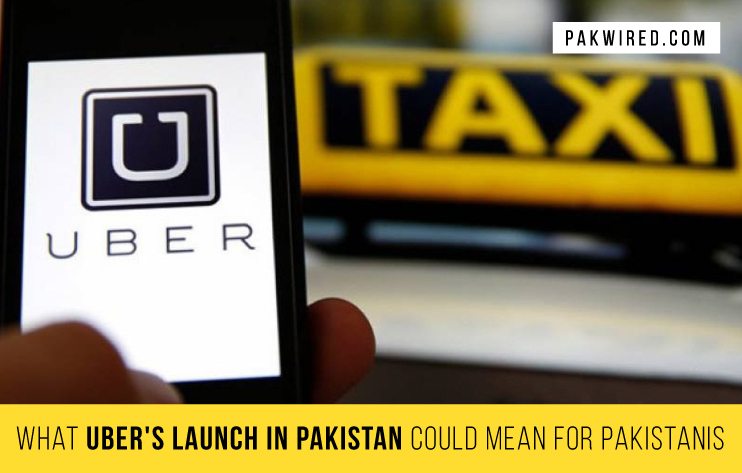What is Uber?
Headquartered in the Silicon Valley, Uber is a taxi app that provides on-demand rides and is one of the most valuable private companies in the world. Recently, it conducted a funding round of over $1 billion and became the second company after Facebook to exceed the $50 billion valuation (currently worth $52.5 billion) before an IPO. Seven years after its inception, it has expanded to over 300 cities around the world, and has more than one million active drivers who allow for more than two million rides every single day.
Uber’s launch in Pakistan:
Now Uber is entering Pakistan in what is seen as one of the biggest drivers of growth for Pakistan’s tech economy.
Shaden Abdellatif, communications manager for Uber’s Middle East and Africa operations, is recruiting for a team in Lahore and has already hired a General Manager, an Operations Manager, a Marketing Manager and a Logistics Manager. Uber will not only foster economic empowerment for the drivers in Pakistan, but will also make taxi rides cheaper for the citizens.
Should the competition threatened?
Perhaps Tripda’s withdrawal from Pakistan was a direct result of the giant Uber’s interest in Pakistan. But there are others like Careem and Savaree who are still hanging on, the latter going strong without any funding. And there’s Travly which is investing in women empowerment by teaching household women to drive rickshaws, and can possibly work in collaboration with Uber.
But should the competition really be threatened? Our neighbors have proved that there is no need to worry for the local taxi businesses. Ola Cabs in India, a venture started by an IIT grad, has successfully raised $500 million in funding and is dominant over Uber. In China, Didi Kuaidi closed a $3 billion funding round last year and is not letting Uber increase its market share. And around the world Uber’s rivals are banding together to stop Uber from expanding. What’s interesting is that the investor, Tiger Global, that injected billions of dollars into Uber is the same investor that invested in Uber’s rivals, Didi Kuaidi, GrabTaxi, Ola and Lyft. The only difference is that Tiger Global invested more in Uber than in any of the other companies, and so Uber is still financially much more stronger than its competitors.
What will be the mode of payment?
Around the world, Uber usually uses credit cards or other electronic payment methods to charge customers but it plans to develop new products and payment solutions for the cash-based economy of Pakistan. So it will allow users who cannot pay via a credit or debit card to pay via cash.
image credit: nation.com.pk


